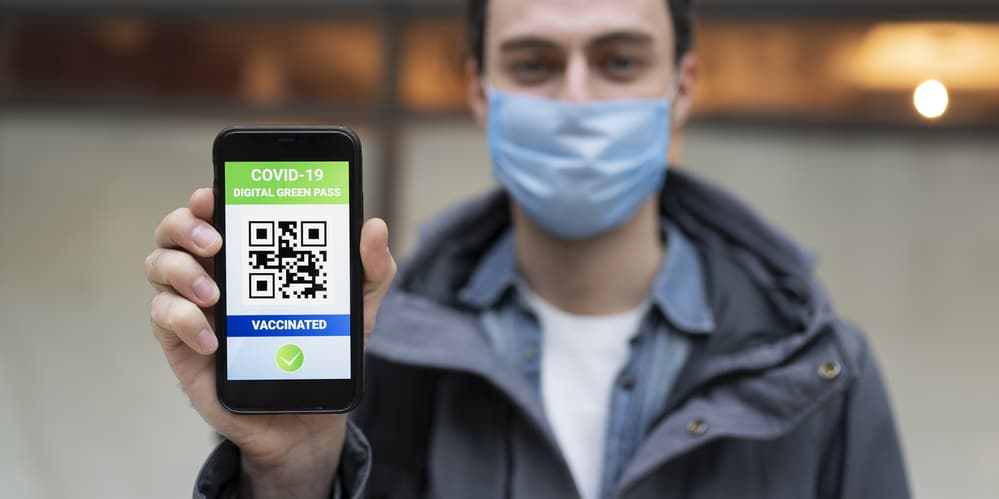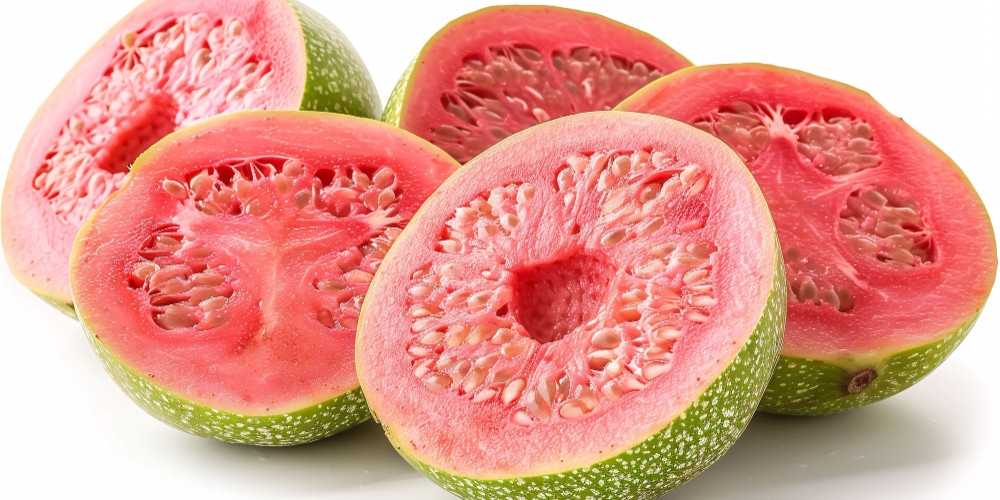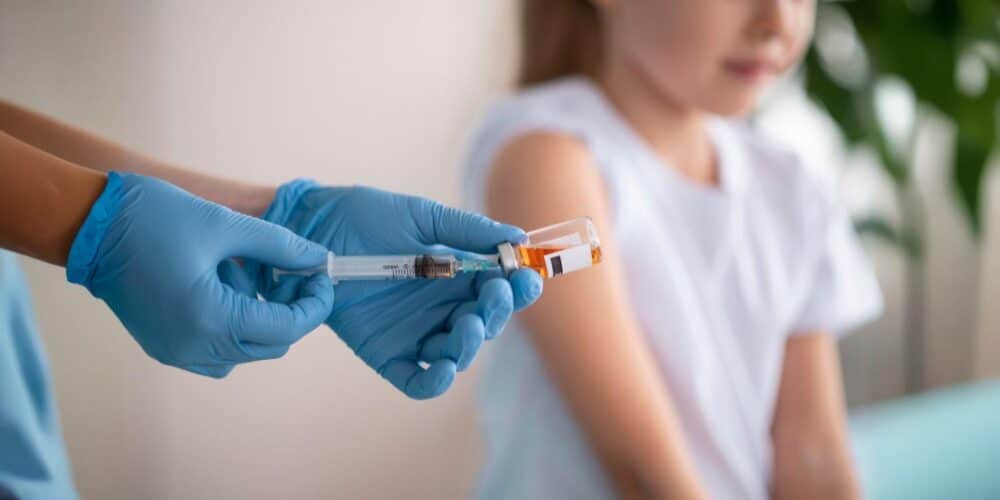Seeking health information beyond conventional practices – An Excerpt From First Check’s Coffee Table Book
Author
Author
- admin / 2 years

- 0
- 3 min read

Author
Social media and easy internet access accelerate false health information dissemination, demanding immediate intervention through media literacy to combat this public health challenge.
“I encourage PhD scholars to delve deeper into the health misinformation dynamics and find solutions to combat it, with the support of suitable funding agencies.”
Have you heard the popular folktale about Akbar and Birbal, the Mughal emperor and his ingenious advisor, that beautifully captures the human tendency to give (often useless, sometimes harmful) health-related advice? Birbal solicited opinions from onlookers as he stood at a crossroad with a bandaged hand. By noon, he had a long list of advisors, with Akbar’s name right at the top. The witty story exemplifies the prevalence of health misinformation, long before the advent of social media.
However, with social media and easy access to the internet, the rate at which false health information spreads has accelerated. The search for health information and guidance is often prompted by the rising costs of contemporary medical procedures. This commonly leads to unsupported advice and health misinformation that can cause more harm. The urge to save money or seek a miracle cure can result in severe losses in terms of finances as well as health.
Strong intervention is necessary to combat this public health challenge. It is critical to create a culture that encourages people not to share or pay heed to ambiguous/unscientific health advice. We need media literacy that can drive social and behaviour change. Each one of us should take a pledge to support evidence-based health information. It can be a matter of life and death, wherein making informed decisions is crucial.
As a journalism educator and media literacy researcher, I come across numerous unverified health stories/claims in different media, including social media channels. It has prompted me to do serious research in the area of health misinformation. Today, I encourage my PhD scholars to delve deeper into the health misinformation dynamics and find solutions to combat it, with the support of suitable funding agencies. We are exploring more research opportunities at the international level.
Becoming a member of First Check has introduced me to greater resources and a treasure trove of expert ideas from across the globe. It is a powerful initiative to advocate evidence-based practices to battle health misinformation.
This is an excerpt from First Check’s Coffee Table Book, you can read the full Coffee Table Book here.
Dr Arulchelvan Sriram is a distinguished Professor and Head of the Department of Media Sciences at Anna University, Chennai, and is a member of the First Check team of Experts.
Read More : Pro tips to find scientific health information on social media









